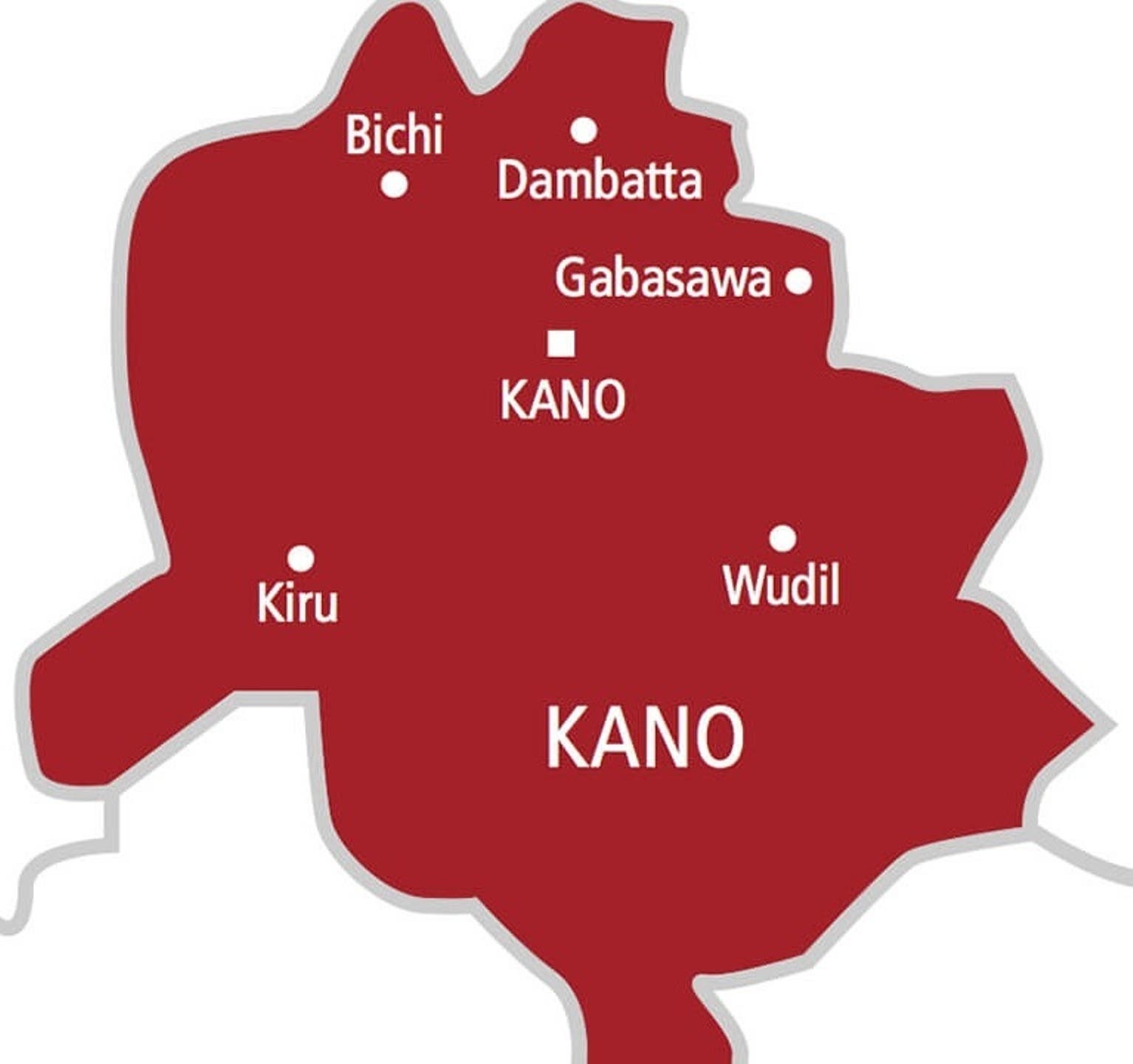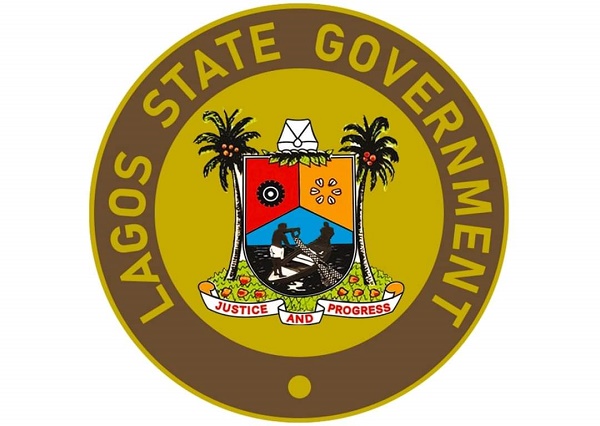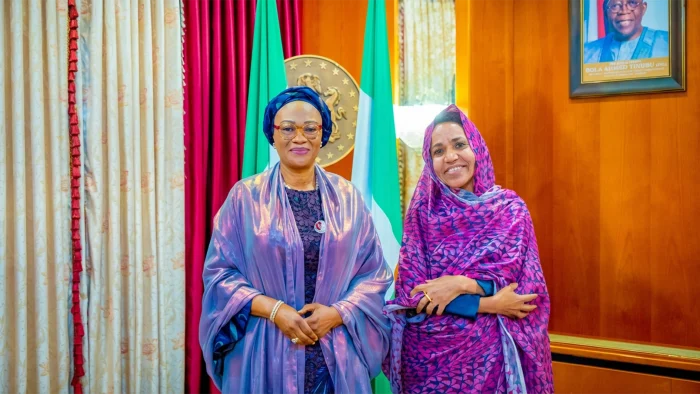Now Reading: Experts Push for Institutionalised Malaria Control Framework in Kano
-
01
Experts Push for Institutionalised Malaria Control Framework in Kano
Experts Push for Institutionalised Malaria Control Framework in Kano

Health experts and stakeholders have called for the establishment of a structured and sustainable malaria control framework in Kano State to strengthen the fight against the disease.
The resolution emerged during a co-creation workshop on Promoting Evidence-Informed Policymaking and Implementation to Facilitate Monitoring, Learning, and Evaluation (MLE) for Malaria Subnational Tailoring (SNT), held in Kano.
The engagement, supported by the African Institute for Health Policy and Health Systems, Nigeria, in collaboration with the David Umahi Federal University of Health Sciences (DUFUHS), Uburu, and the Solina Centre for International Development and Research, was funded by the Bill and Melinda Gates Foundation.
Professor Jesse Uneke, Vice Chancellor of DUFUHS and Director of the African Institute for Health Policy and Health Systems, commended the Kano State Government for its sustained efforts in combating malaria. He applauded the commitment of stakeholders, describing their enthusiasm as crucial in developing evidence-based policies for subnational malaria strategies.
Uneke urged participants to critically assess the performance of the current National Malaria Strategic Plan (NMSP 2021–2025) and provide actionable recommendations to guide the NMSP 2026–2030. He emphasized that achieving malaria elimination in Nigeria requires shifting from a one-size-fits-all strategy to data-driven, locally tailored interventions.
“Policies must reflect not just scientific data but also contextual and experiential evidence to ensure practical and lasting impact,” Uneke said.
During a presentation, Dr Onyedikachi Chukwu, a Health Policy and Systems expert, shared findings from a SWOT analysis of the Kano malaria programme and a stakeholder mapping report conducted in June 2025.
The study highlighted key strengths such as strong government support, wide distribution of insecticide-treated nets (ITNs), media sensitisation campaigns, and school-based malaria education programmes. However, it identified weaknesses, including limited funding and weak health infrastructure, particularly at local government and ward levels.
Participants agreed that institutionalising malaria control policies at the state level would enhance accountability, streamline implementation, and ensure continuity beyond individual programmes.




